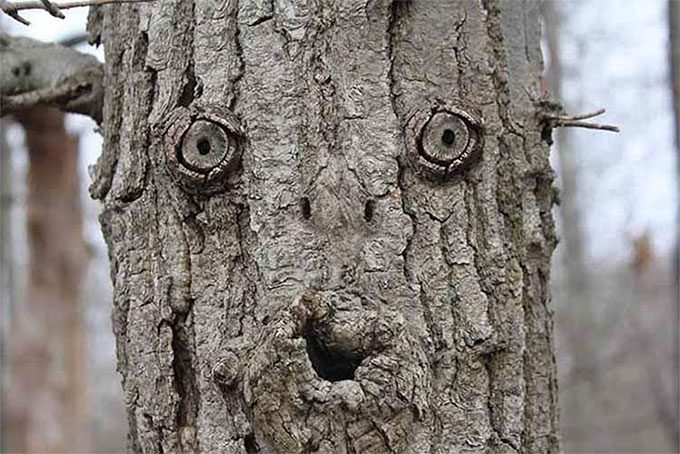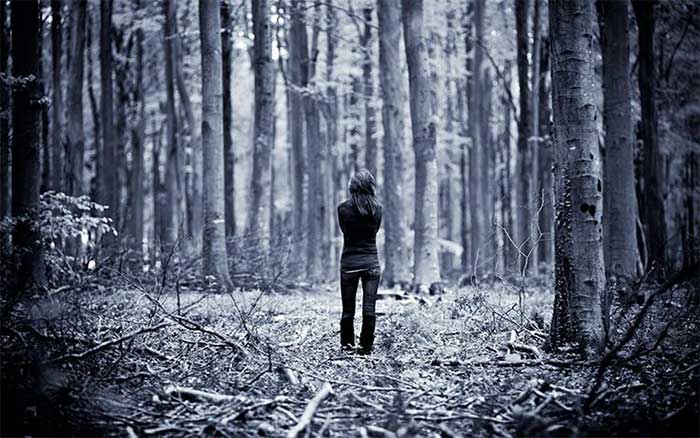Many people who have gone hiking have shared experiences of walking through the forest, alone, yet suddenly hearing a faint voice calling their name from behind.
This phenomenon is considered one of the most chilling situations encountered by hikers. Without understanding the scientific explanations, those who have experienced this will often remain uneasy throughout their journey.
In fact, the phenomenon of hearing mysterious voices or sounds is known as “auditory pareidolia.” The sources of these noises can vary widely. They may include sounds from electric fans, flowing water, airplane engines, or the noise of a washing machine.
Additionally, auditory pareidolia has a side effect where individuals may perceive faces or imagined images based on vaguely collected auditory and visual information.

Ambiguous sounds or images can lead to misinterpretations.
Such hallucinations are commonly found in various mental health conditions, including schizophrenia, post-traumatic stress disorder, and bipolar disorder.
Hallucinations unrelated to mental health have also been reported in individuals with hearing loss, although this condition, known as musical ear syndrome, is relatively rare and not fully researched.
However, both individuals with and without these conditions can experience auditory pareidolia.
The sounds that individuals hear during auditory pareidolia are not entirely fabrications of their brains. Instead, they stem from misinterpretations of actual sounds.
For instance, in the forest, various sounds are produced by rustling leaves or animal movements. When these distant sounds reach a hiker’s ears, they may imagine that someone is calling their name from afar.
But why do hikers often imagine hearing their name instead of other sounds? This is explained by the fact that in daily life, the sound of one’s name is the most commonly heard and also the most attention-grabbing.
This suggests that auditory pareidolia reflects the human brain’s relentless effort to understand and find patterns in the surrounding world. It particularly occurs when recognizable sounds are obscured by background noise in environments like restaurants or bars.

The forest is a common place where auditory pareidolia occurs.
In these instances, the brain employs a process called contrast gain control, adjusting the sensitivity of brain cells that respond to auditory and visual data so they can adapt to continuous information input.
Despite being widely reported, auditory pareidolia has not been studied as thoroughly by neuroscientists as its visual counterpart.
This is partly because the factors that might cause individuals to misinterpret certain sounds are inconsistent or unpredictable, unlike the factors that can lead them to misidentify objects in darkness.
Typically, humans tend to select something familiar to them to shape the ambiguous sounds or images in their minds.
Therefore, if you suddenly hear your name being called from the depths of the forest, hikers should remain calm and not worry.

















































